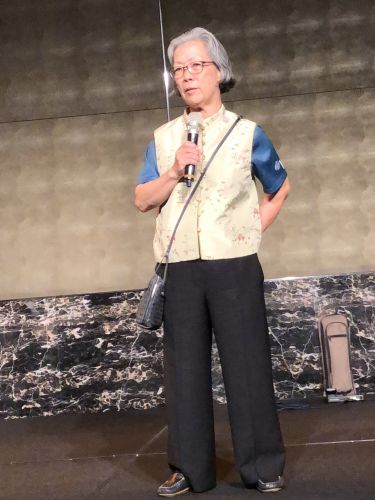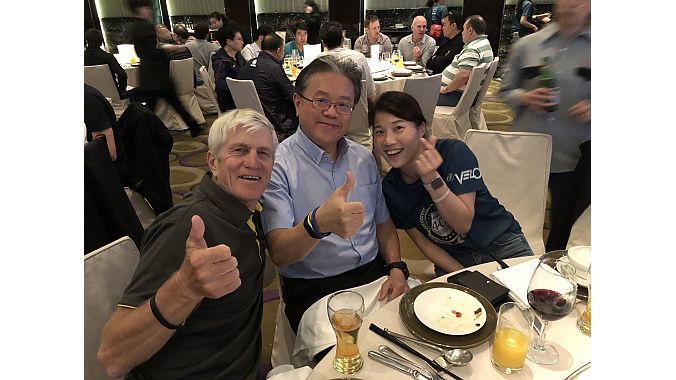TAIPEI, Taiwan (BRAIN) — Taipei Cycle, a key stop on the trade show circuit, opens its doors Wednesday to a wave of uncertainty in the industry.
Manufacturers are re-evaluating their supply chains as some move away from China. Dumping duties on Chinese-made e-bikes in the European Union and the impact the Trump administration's tariffs are having on future U.S. sales of bicycles and accessories are roiling the industry.
Some manufacturers with Chinese factories are moving a limited amount of manufacturing back to Taiwan as well as scouting new factory locations in Vietnam, Cambodia and other Southeast Asian countries.
Still, Taiwan has limited factory capacity and limited labor to absorb a wholesale transition of production away from China. And rebuilding a supply chain outside of China is expensive with future results uncertain.
Despite concerns over a generally slowing global market, Walter Yeh, president and CEO of TAITRA, Taipei Cycle's trade show organizer, said Taiwan manufacturers sold $1.3 billion worth of bicycles in the first nine months of 2018 — that's a 20.1 percent increase in sales over the same period in 2017, he added,
That translates into about 1.7 million bikes. But Yeh noted that 2018 is viewed as a critical year for Taiwan's industry as it continues to focus on building high-end products, including e-bikes.
Manufacturers also are working on smart technology as the market for e-mobility solutions continues to develop, he said.
Over the next few days, seminars will focus on e-bike dumping duties in the EU, trends and designs in e-bike manufacturing, e-mobility, and progress in smart manufacturing. The show ends Saturday.
Ralph Wiegmann, managing director of the IF International Design Forum, told attendees at an opening press conference Tuesday that the newest challenge facing the industry is developing closer ties with all levels of government to make cities more cycle-friendly.
Wiegmann noted the challenges European cities are facing as they try to bring down CO2 emissions throughout Europe. "I see this as a big opportunity and as a challenge," he said, noting that bicycles — conventional bikes as well as e-bikes — offer a partial solution to cleaner cities.
A first for the show was the addition of a design category dubbed the "Internet of Things in the Cycling Industry." The new category reflects the continued development of internet-connected devices that continue to drive consumer interest.
While Taipei Cycle will attract some 1,150 exhibitors, its 2016 decision to move the show from its traditional dates in mid-March has also added to confusion in the marketplace.
As a result TAITRA, at the urging of the Taiwan Bicycle Association, will return to March dates in 2019 — only five months away. Those dates are March 27-30.
It was TBA officials who originally sought an October show. As the show moves back to March, it will force attendees to move between two buildings at the Nangang Convention Center since another show has already booked a key hall.
Most expect this show to attract fewer attendees, and many companies have downsized their booth space. On the other hand, most will exhibit at next March's show. The decision to exhibit at Wednesday's show was, in part, to maintain their preferred locations for the show next March.




